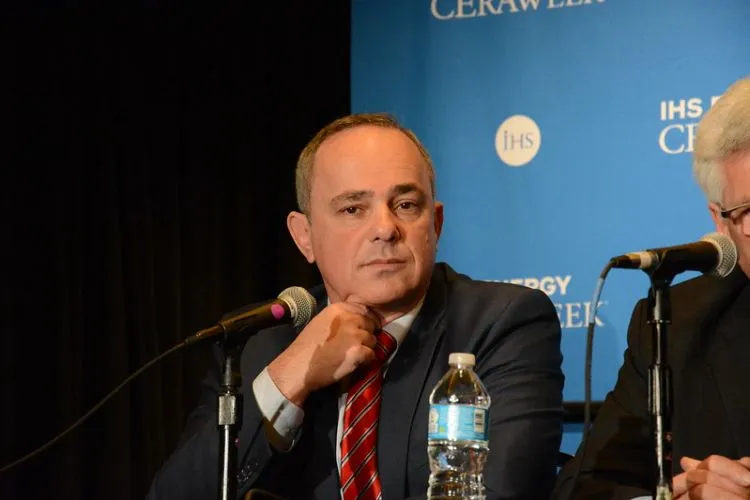Israel's new federal government stories 15GW-plus solar strategy as policy top priority
- Solar is to become a power policy axis of the newly-reappointed government of Israeli head of state Benjamin Netanyahu, with plans now outlined for a decade-long renewable boom.

The Energy Ministry launched a plan today to mobilise a tremendous 80 billion Israeli Shekel (US$ 23 billion) in federal government and personal financing to deploy gigawatts of solar by 2030, accompanying a coal phase-out over the decade.
The roadmap by Energy minister Dr Yuval Steinitz-- who was reconfirmed to the function in mid-May-- is targeting a 16GW solar fleet by 2030, able to cover 30% of the country's power demands. On warm days, the solar's power mix share might get to tops of 80%, the document claims.
The US$ 23 billion strategy would certainly make solar the frustrating leader in Israeli renewables, representing 90% of all environment-friendly power generation by 2030. The forecasted 16GW solar fleet would be mainly deployed by personal companies, with different state investments in grid development and also energy storage.
In declarations resembled by the national press, minister Steinitz claimed the solar plan will certainly turn Israel into a "world leader". The solar and storage space systems the nation currently wishes to build within one decade are equal to "all the nuclear power plant as well as power manufacturing existing in Israel today," he mentioned.
Long-term power resource, temporary COVID-19 guard
Should the 16GW-by 2030 ambition materialise, they would bring an extraordinary boom for Israeli solar. The market covered a meagre 5% generation share in 2015 and, according to IRENA, held just 1.43 GW of installed solar capability (1.19 GW of it PV plants).
Israel's lasting bank on solar becomes the Center Eastern state targets the market as a chauffeur of post-COVID economic healing. According to the most current stats, the pandemic has actually infected a reported 17,000-plus individuals throughout the country, of whom 291 have actually died.
A month ago, minister Steinitz himself revealed solar would be the core of a wider power as well as water infrastructure financial investment plan, implied to support the economic situation in the short term. This earlier plan was, the Ministry claimed at the time, Israel acting "promptly and acutely" to reboot growth.
Revealing financing for a preliminary solar pipeline of 2GW, the COVID-19 comeback plan stated Israel would certainly be "mindful" as it chooses which projects to fund. "They should be the engine that will certainly drive the economy on the one hand and on the other, bring long-term benefit," the Ministry claimed.
The option of solar as the centrepiece of the future power mix mirrors that of Algeria. In late May, the Maghreb state said it will invest some US$ 3.2-3.6 billion to set up 4GW of solar from 2024 and 2026. The strategy exists, official said, "at the heart" of Algeria's broader economic ambitions.
Also read

